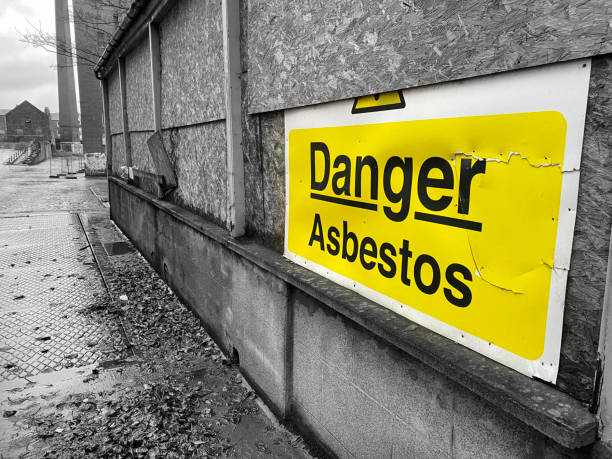What Is Asbestosis, and Is It a Treatable Condition?

Asbestos can cause multiple different medical conditions, but many people primarily associate asbestos with certain kinds of cancer. Specifically, those frequently exposed to asbestos may eventually develop lung cancer or mesothelioma, which is a cancer of the organ lining. These cancers can take years to develop but can be aggressive and even terminal once they start to affect someone’s health.
However, not everyone sickened by asbestos develops cancer. Other people might wind up with the lung condition known as asbestosis.
What Is Asbestosis?
Asbestosis is a lung condition that develops because of inflammation or irritation due to inhaled particulate asbestos. Although symptoms can sometimes develop while people work with asbestos, signs of asbestosis often don’t arise until years later. The asbestos fibers that people inhale while working can cause scar tissue inside the lungs, and the damage can leave people short of breath.
Other symptoms include clubbed nails on the fingers or toes, weight loss, a dry cough and even chest pain. Asbestosis on its own can be a frustrating condition, especially for those with severe symptoms. It is also a warning sign that your doctor will need to carefully monitor you for signs of asbestos-related cancers in the future.
Can You Treat Asbestosis?
There are ways to limit the impact of asbestosis. Those who smoke may have worse symptoms, so giving up tobacco after a diagnosis can help. Much like mesothelioma, asbestosis is a condition that does not have a cure. However, there are treatments that can reduce the impact of the condition on your life and slow its progress.
Supplemental oxygen is often used to help those struggling to catch their breath. People can have oxygen systems installed in their homes or even carry portable units with them. There are also exercises and treatments that can help improve a patient’s respiratory health and strength that are beneficial to some people with asbestosis. In some cases, people may qualify for a lung transplant due to severe asbestosis.
All of these treatments are expensive, and some may not have insurance coverage. If you or someone you love has recently developed the symptoms of asbestosis or gotten diagnosed with the condition, you may want to speak with a lawyer about your right to compensation for both medical costs and lost wages because of this potentially debilitating condition.



